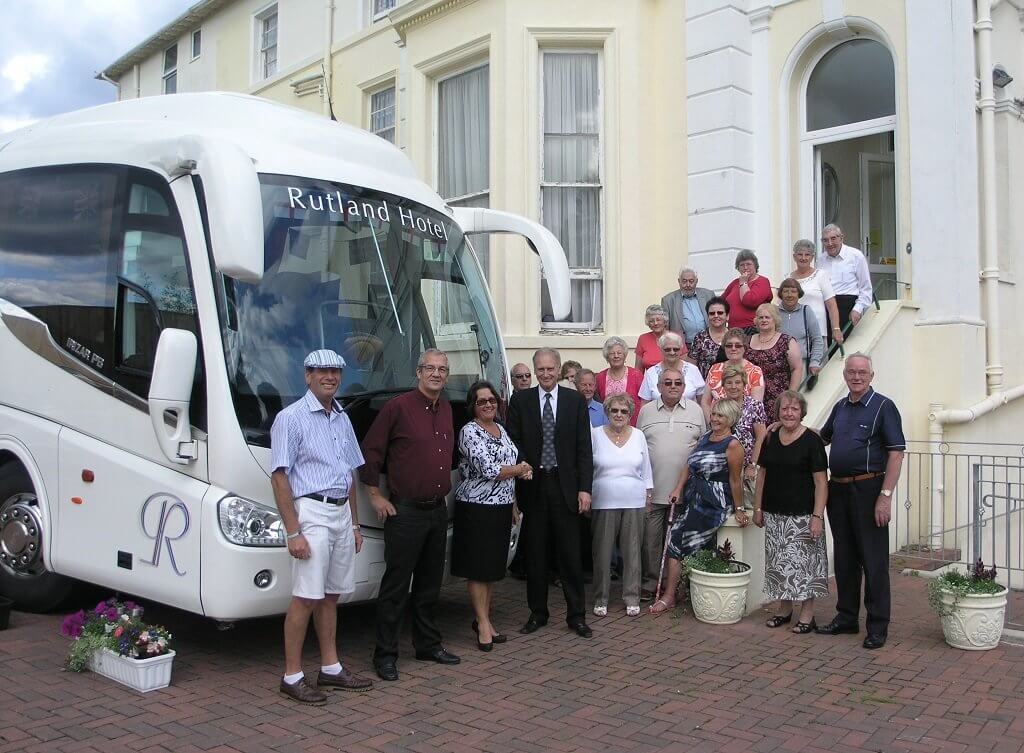
Alan Payling considers the opportunities for free publicity that are available to coach operators via press releases for their local newspapers
Iwas speaking to a coach operator’s son the other day, who was wondering why the coach trade press hadn’t publicised the fact that the family firm had recently bought a new coach.
I had always assumed that it was the supplier, who, after taking a photo of a new coach with the purchaser standing proudly next to it when it was being collected, would then submit a print to the editor of CBW. […]
By subscribing you will benefit from:
- Operator & Supplier Profiles
- Face-to-Face Interviews
- Lastest News
- Test Drives and Reviews
- Legal Updates
- Route Focus
- Industry Insider Opinions
- Passenger Perspective
- Vehicle Launches
- and much more!


